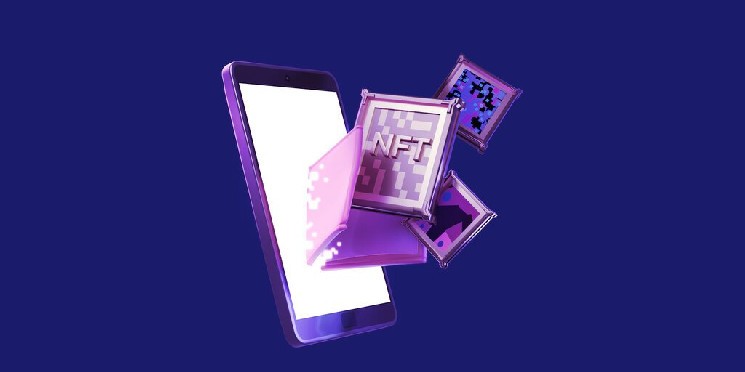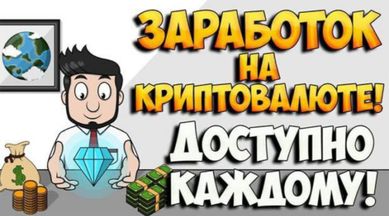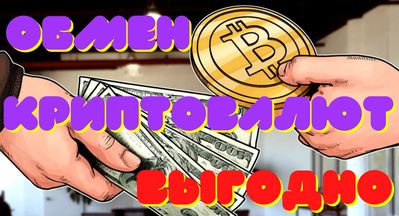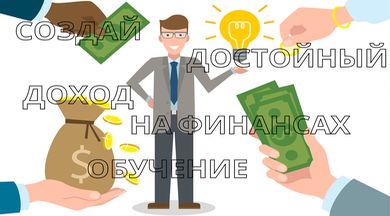Andreessen Says Its ‘Can’t Be Evil’ NFT Licenses Will Help Avoid Legal ‘Ambiguity’

Many popular NFT projects—most notably the Bored Ape Yacht Club—grant holders the right to use their owned images to create and sell derivative artwork and products. However, there are questions over whether such IP licenses are legally durable, or if creators have even misled buyers. Venture capital giant Andreessen Horowitz says it wants to help.
The VC firm today announced the release of “Can’t Be Evil” NFT licensing terms that are available for any project creators to freely use. The licenses provide an array of different approaches for NFT projects, ranging from limited personal use terms to broader licenses that let anyone use the artwork for any purpose—even if they don’t own an NFT.
These aren’t new concepts; in fact, the licenses are inspired by and similar to those offered by Creative Commons. But the firm’s General Miles Jennings and Chris Dixon write that the licenses have been tuned for decentralized Web3 projects to remove ambiguity, minimize confusion around IP rights grants, and perhaps avoid future legal troubles.
Kevin Rose’s Proof Raises $50M, Plots Token and Moonbirds NFT Expansion
“There’s currently significant ambiguity and legal risk across the NFT ecosystem,” Jennings, the firm’s general counsel and head of decentralization, tweeted this morning. “A lack of standardization makes it difficult for NFT purchasers to know what rights they’re getting, and creating customized licenses is expensive. All of this acts as a drag on the industry.”
An NFT is a blockchain token that can serve as a deed of ownership for an item, including digital creations like artwork, profile pictures, and collectibles. The NFT market surged in 2021, yielding $25 billion worth of trading volume, with about $20 billion more generated in the first half of 2022.
Andreessen Horowitz has its fingers in many Web3 pies, and has invested in some of the largest NFT creators around—including Bored Ape Yacht Club creator Yuga Labs, Gary Vaynerchuk’s VeeFriends project, and most recently Kevin Rose’s Proof (Moonbirds). It has also invested in leading marketplace OpenSea, among many other crypto projects.
The idea of a massive VC firm guiding NFT licensing terms might rub some the wrong way, but Andreessen Horowitz tapped Punk6529—a pseudonymous crypto influencer known for his valuable collection and insightful Twitter threads—to help shape the licenses. It also worked with law firms Latham & Watkins LLP and DLA Piper, as well as unspecified portfolio companies.
Furthermore, the license terms have themselves been released for free via an open-source, Creative Commons Zero (CCO) license, which means they can be freely used, remixed, and forked as Web3 creators see fit.
The “Can’t Be Evil” branding is inspired by Google’s original “Don’t Be Evil” mantra, but tweaked to reflect the perceived immutability of blockchain networks. Andreessen Horowitz also says that the licenses themselves are legally irrevocable, which means that NFT buyers can trust that the offered terms will remain in effect once a license is deployed.
“By making the licenses easy (and free) to incorporate, we hope to democratize access to high-quality licenses and encourage standardization across the Web3 industry,” the authors wrote. “Greater adoption could lead to incredible benefits for creators, owners, and the NFT ecosystem as a whole.”
Bored Apes, Moonbirds Have ‘Misled’ Buyers on NFT IP Rights: Galaxy Digital Report
Andreessen Horowitz’s NFT licenses arrive soon after the publication of a research report from investment firm Galaxy Digital, which alleged that nearly all prominent NFT projects are not effectively granting IP rights to holders—and that some projects may have “misled” buyers in regards to the rights that they attain by purchasing an NFT.
In particular, the Galaxy Digital report called out the Bored Ape Yacht Club license for unclear and contradictory language about IP ownership. It also suggested that Proof deceived Moonbirds NFT buyers about their IP rights, given its recent announcement that it would open up such commercialization rights to everyone—not just NFT owners.







 Bitcoin
Bitcoin  Ethereum
Ethereum  Tether
Tether  Dogecoin
Dogecoin  USDC
USDC  Cardano
Cardano  TRON
TRON  Chainlink
Chainlink  Stellar
Stellar  Hedera
Hedera  Bitcoin Cash
Bitcoin Cash  LEO Token
LEO Token  Litecoin
Litecoin  Cronos
Cronos  Ethereum Classic
Ethereum Classic  Monero
Monero  Dai
Dai  Algorand
Algorand  Stacks
Stacks  Cosmos Hub
Cosmos Hub  OKB
OKB  Theta Network
Theta Network  Gate
Gate  Maker
Maker  KuCoin
KuCoin  Tezos
Tezos  IOTA
IOTA  NEO
NEO  Polygon
Polygon  Zcash
Zcash  Synthetix Network
Synthetix Network  Tether Gold
Tether Gold  TrueUSD
TrueUSD  Dash
Dash  Holo
Holo  Enjin Coin
Enjin Coin  Zilliqa
Zilliqa  0x Protocol
0x Protocol  Basic Attention
Basic Attention  Qtum
Qtum  Siacoin
Siacoin  Ravencoin
Ravencoin  Bitcoin Gold
Bitcoin Gold  Decred
Decred  NEM
NEM  DigiByte
DigiByte  Ontology
Ontology  Nano
Nano  Huobi
Huobi  Status
Status  Waves
Waves  Lisk
Lisk  Numeraire
Numeraire  Hive
Hive  Steem
Steem  Pax Dollar
Pax Dollar  BUSD
BUSD  OMG Network
OMG Network  Ren
Ren  Bitcoin Diamond
Bitcoin Diamond  Bytom
Bytom